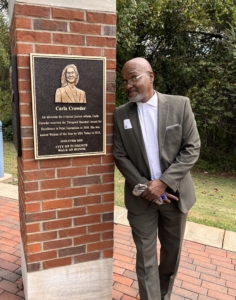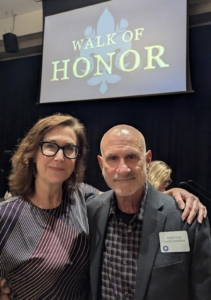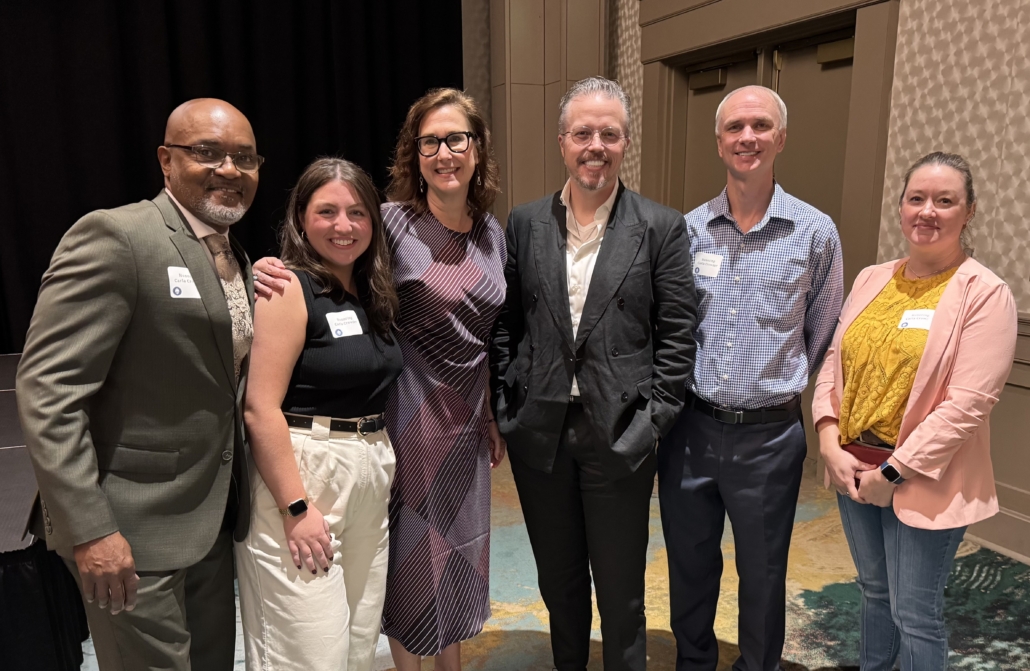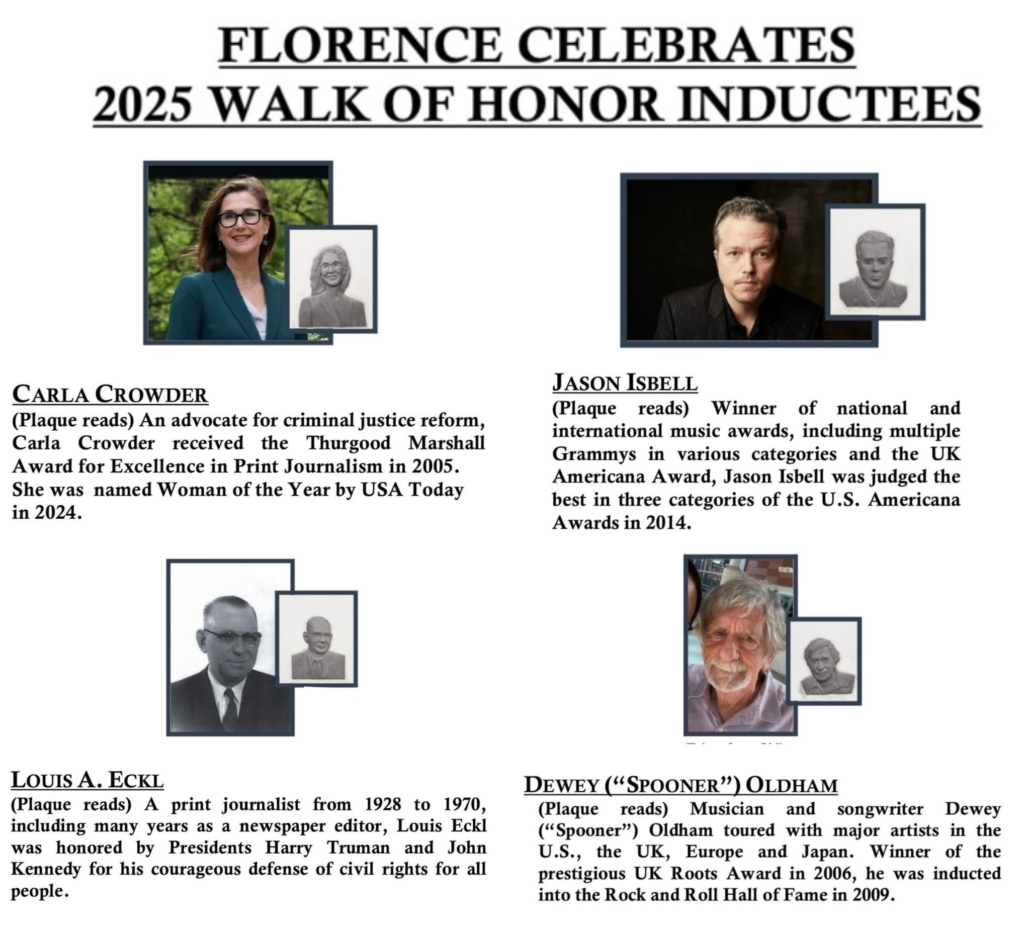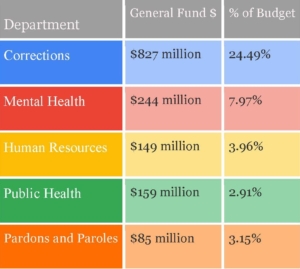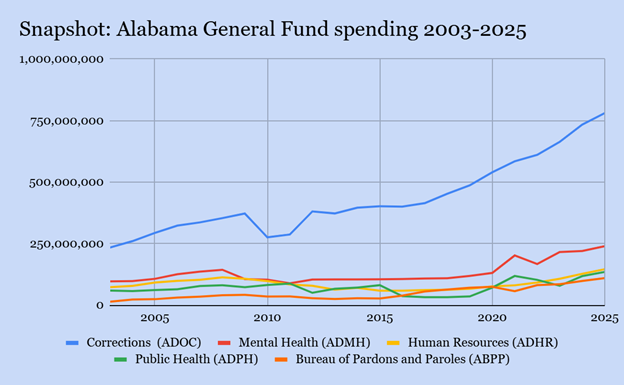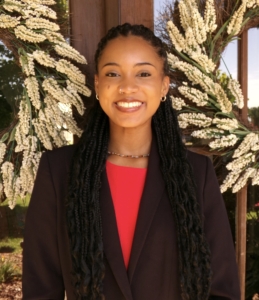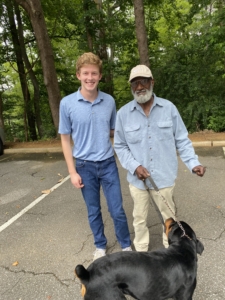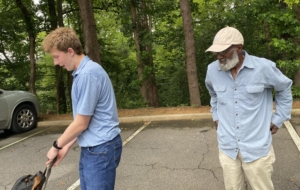By Eddie Burkhalter, Appleseed Researcher
The family of a 25-year-old man with just over a year left to serve on nonviolent property crimes believes he may have died from a severe asthma attack alone in a segregation cell at St. Clair prison, but because the Alabama Department of Corrections (ADOC) no longer provides full autopsies for all who die in prison, they may never know his cause of death.
Marlon Marshall, 25, was found deceased in a segregation cell sometime after 2 a.m. on Aug. 22, according to ADOC and his family, who spoke with an investigator from the department’s Law Enforcement Services Division (LESD).
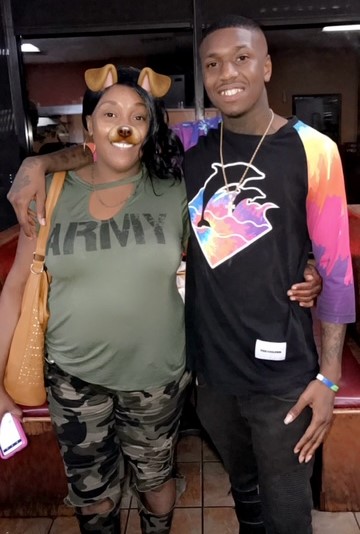
Marlon Marshall, a 25-year-old man with severe asthma, died in a segregation cell at St. Clair prison.
Mr. Marshall’s death in a segregation cell, a place where people are often placed to keep them safe, is but another sign of the increasing chaos inside St. Clair prison in recent months. Multiple sources told Appleseed that a man was stabbed there by another incarcerated man on Aug. 21, but the man survived.
Two men died of suspected drug overdoses at St. Clair on July 30. The next day, ADOC Lieutenant Calvin Bush was arrested and charged with trafficking fentanyl and marijuana, and promoting prison contraband. Investigators found a large amount of drugs and contraband at a home in Odenville, where Bush lives, according to court records.
“During the search, agents recovered a significant amount of drugs and contraband, including 4,020 grams of methamphetamine, 350 grams of promethazine liquid, 340 grams of synthetic cannabinoid, nine oxycodone pills, 326 grams of sprayed paper, 156 cell phones, two cellular hotspots, 8,980 grams of marijuana, 100 grams of crack cocaine, 16 grams of cocaine powder, and 610 grams of flakka precursor powder. Additionally, a related search yielded 2.5 pounds of marijuana and 60 grams of methamphetamine,” ADOC told Appleseed in a statement.
On Aug. 12, two guns were reportedly found in St. Clair prison, multiple sources told Appleseed. However, ADOC declined to confirm when asked on Aug. 13.
“On Monday, Aug. 11, 2025, the Alabama Department of Corrections conducted a security search detail at St. Clair Correctional Facility with support from the K-9 Division and the Correctional Emergency Response Team. The search resulted in the confiscation of various contraband. The search results and any subsequent investigation are ongoing,” an ADOC spokeswoman responded.
Asked again whether ADOC would confirm the discovery of two guns in the prison — noting that such a discovery would eventually appear in ADOC’s quarterly reports, and recalling that in August 2023 an incarcerated man armed with a pistol took control of Donaldson prison, a fact ADOC initially refused to acknowledge despite video evidence — the spokeswoman again declined.
“The ADOC cannot elaborate or comment about ongoing law enforcement investigations. People forget that ADOC is a law enforcement agency and details regarding investigations could compromise those investigations. Once the statistical reports are posted to the website, that is no longer the case,” she wrote.
Discovered unresponsive
“He was a very caring individual,” Marlon Marshall’s mother, Marcia Gant, told Appleseed. Mr. Marshall loved music and photography. He had been bullied in public school, later attended an alternative school, and before his arrest had been working toward his GED. Her son suffered from severe asthma.
Ms. Gant learned of her son’s death not from the prison, but from her sister, who called after seeing the news posted on Facebook.
Mr. Marshall had suffered from severe asthma since childhood, said his mother and uncle, Admire Gant, a Mobile County Sheriff’s deputy. Mr. Gant added that an investigator with ADOC’s Law Enforcement Services Division told him his nephew’s cell was clean and contained two asthma inhalers. “When he was in Metro [jail] in the summertime he was sent to the hospital because of his asthma,” Mr. Gant said, referring to his nephew’s time in county jail prior to conviction.
Mr. Gant said that since his nephew’s death, he has spoken with St. Clair’s warden, the LESD investigator overseeing the case, and the Lee County coroner. Based on those conversations, he fears the family may never know the full circumstances of Marshall’s death. A toxicology screening was conducted, however, Mr. Gant said.

Marlon Marshall was serving a sentence for non-violent property crimes.
“Inmate Marlon Marshall was discovered unresponsive in his cell. Life-saving measures were administered but to no avail. Inmate Marshall was pronounced deceased by the attending physician,” ADOC’s response to Appleseed reads. “The Lee County Coroner conducts toxicology tests for all ‘natural’ and ‘suspected overdose’ deaths unless the death occurs in Jefferson County. A copy of the report is part of the LESD death investigation file. The results are shared with family and/or other entities subject to HIPAA, which survives death.”
Mr. Marshall had served nearly two years of a three-year sentence for nonviolent property crimes. In October 2023, he pleaded guilty to two counts of theft by deception and one count of breaking into a motor vehicle. He was sentenced to 20 years, to serve three years in prison, with the remainder on probation, court records show. Mr. Marshall was allegedly involved in an altercation with another incarcerated man at Ventress Correctional Facility on Jan. 21, 2025, according to court records, and was ordered to spend 45 days in segregation. He was later transferred to St. Clair, a maximum-security prison. The family does not know why he remained in segregation there at the time of his death.
Autopsies for some, not all
UAB Hospital terminated its longstanding agreement with ADOC to conduct autopsies and toxicology screens on suspected natural and overdose deaths on April 22, 2024.
The agreement had ADOC paying $2,200 per autopsy and $100 per toxicology test, according to court documents in a lawsuit. That revenue may not have outweighed the fallout from a lawsuit in which families discovered their incarcerated loved ones’ bodies had been returned missing internal organs. Since UAB terminated its contract, in-custody deaths from natural causes or suspected overdoses are no longer receiving state-provided full autopsies, leaving many families unsure how their loved ones died.
“All inmate deaths are investigated by the ADOC’s Law Enforcement Services Division. However, under existing state law, post-mortem examinations or autopsies are only required for deaths resulting from unlawful, suspicious, or unnatural causes (Ala. Code Section 36-18-2). In those cases, the deceased is transported to the Alabama Department of Forensic Sciences for an autopsy,” ADOC wrote in a statement to Appleseed in May 2024, when Appleseed first reported UAB’s contract termination.
“Deaths not covered under Ala. Code Section 36-18-2 receive a toxicology screen prior to release to the inmate’s family. Although the department previously contracted with UAB Hospital to conduct autopsies on suspected overdose or natural deaths, UAB terminated its long-standing agreement effective April 22, 2024. Since that time, the department has made numerous inquiries but has been unable to find another vendor to provide autopsies for ADOC inmates who died of natural causes or suspected overdoses,” the statement continues.
Asked this week whether ADOC has since secured a vendor to provide autopsies in such cases, a spokesperson sent the same response Appleseed received in May 2024.
Alabama’s Prison Death Database
Alabama Appleseed is building a database of Alabama prison deaths and has completed its first year of data, covering 2023, which shows a record 334 deaths in state prisons. Because of the change in 2024 that impacts who ADOC approves for autopsies, it will be impossible to know for certain how some have died moving forward.
There were 28 deaths at St. Clair prison in 2023, according to Appleseed’s research derived from records requests to multiple state agencies. Of those, two were homicides, three were suicides, 13 were deemed natural and nine were overdose deaths.
Statewide, in 2023 there were 14 homicides and 101 overdose deaths in Alabama prisons. Appleseed continues to collect death data for 2024 and 2025.
